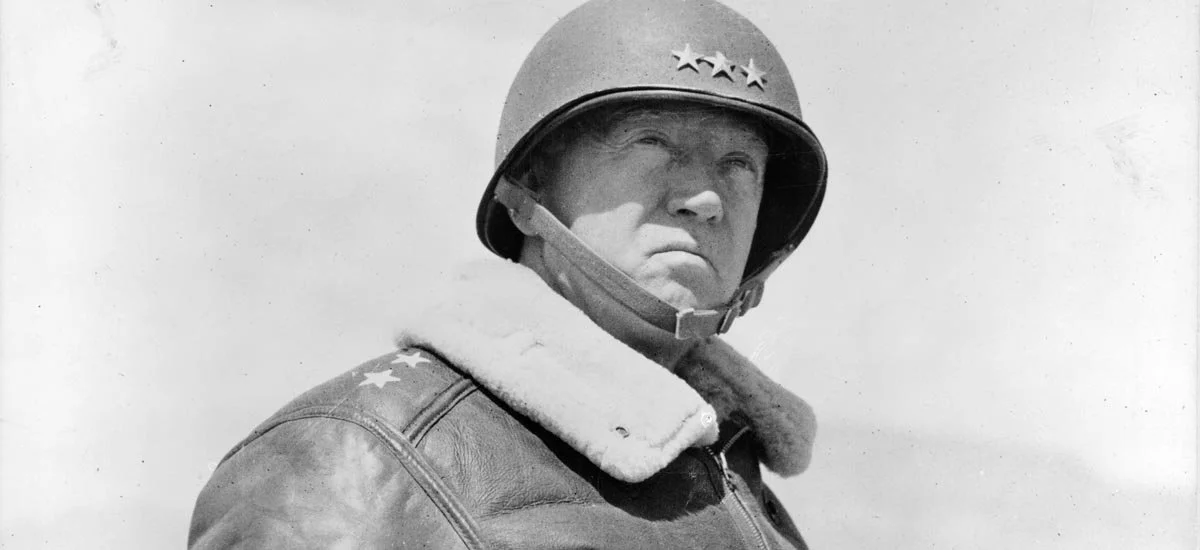An Army at Dawn: The War in North Africa - 1942-1943 — A Review
“An Army At Dawn: The War in North Africa - 1942-1943,” the Pulitzer Prize-winning first volume of journalist Rick Atkinson’s “Liberation Trilogy” chronicling the Allied liberation of North Africa and Europe during World War II, is simply brilliant military history.
At the book’s core is the North Africa Campaign, focusing primarily on American and British military alliance efforts (led by Generals Omar Bradley and George Patton, and Commanding British Field Marshal Bernard Montgomery) to outmaneuver and crush German Field Marshal Erwin Rommel’s expeditionary “Afrika Korps” tank forces in Morocco, Algeria, Libya and Tunisia between November 1942 and May 1943.
From the Allied troop devastation of Kasserine Pass, to Mareth, to Patton’s vanquishing of Rommel’s 10th Panzer Tank Division at El Guettar, Atkinson’s research is exhaustive and meticulous. Readers are brought right into the secret planning stages of each invasion and placed directly on the front lines of Morocco and Tunisia, onward to Roosevelt’s infamous tactical meeting with British Prime Minister Winston Churchill in Casablanca, and ultimately to the final endgame of Rommel’s collapsing defenses being driven out of North Africa. Told from both the perspectives of the upper echelon of generals to the foot soldiers, often in graphic detail, “An Army at Dawn: The War in North Africa - 1942-1943” holds no punches. Nor should it.
My interest in military history goes far beyond the heroism, the patriotism and the glories of war. In fact, I can do without any of that when it comes to educating myself on strategic warfare, a subject that intrigues me. My interests are in the tactics and strategies of the Commanders, not the resounding accolades. For without the tactics, strategies and the brilliance of military leadership during World War II in the likes of Eisenhower, Bradley, Montgomery, Marshall, Patton and MacArthur, every sacrifice made from our fighting men and women would have been for naught. Every lesson learned from the devastation of both World Wars must seep into current and future generations to prevent such atrocities from occurring again.
Our past is merely prologue.





